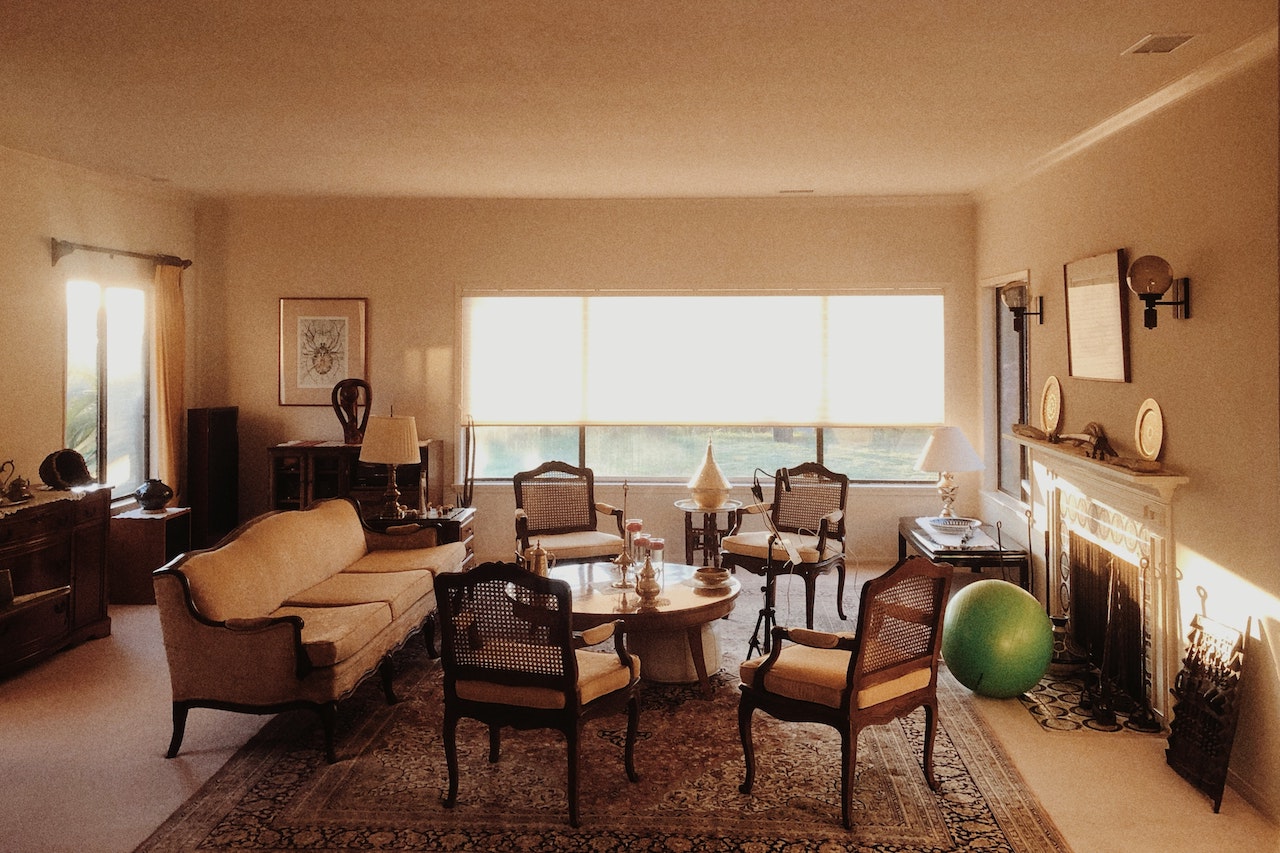There are so many key points newcomers to the industry fail to understand about residential assisted living.
What do you really know about owning and operating a successful assisted living home? What do you usually think about when you hear the term assisted living?
Many people who haven’t done much research come up with images of large facilities filled with old people sitting around doing nothing.
While this may have been somewhat true decades ago, today’s assisted living homes are full of active and excited residents.
Generations have changed, seniors live different lifestyles, and assisted living homes have changed as well. With residential assisted living, seniors are living happier lives and enjoy more comfortable home-like settings.
Most assisted living homes are no longer depressing hospital-like facilities, especially considering the option of residential assisted living.
As a result, most of these homes are actually very happy places. There are still a few lingering myths about assisted living.
A lot of people think RAL homes are full of residents who can’t move around by themselves and need assistance with every single activity of daily living. This is not the case. In fact, this notion is completely inaccurate as it relates to most assisted living homes.
They are not depressing places at all. They are actually cheerful and full of active residents.
Here are four things you probably never knew about residential assisted living.
Four Little-Known Facts About Assisted Living
- Free to Come and Go
- One Big Family
- Happy to Try New Things
- Better Company than You Know
Freedom To Come And Go
Just because someone is in assisted living, it does not mean they are bound to their home. They are free to come and go as they please. Residents usually prefer to go out with their family members. This allows them to see and experience the outside world and get fresh air. Residents are free to choose which activities they want to participate in – no one can force them to do anything.
One Big Family
When a resident is in a common area, usually all other residents around engage and talk with one another. They laugh and joke together every day. Everyone is usually in tune with one another’s lives. Also, just like a family, they celebrate with one another, birthdays, anniversaries and other special occasions, holidays and important events. If something is important to one resident, it is usually important to others.
Happy To Try New Things
Whether it be a new activity like a game, a television show or movie, or if it’s food that they have never had before, residents are usually open to try new things. They encourage one another to give it a shot. Different life experiences are like new adventures for them. Caregivers encourage seniors to engage because a lot of pleasure can be found in experiencing new things at any age.
Better Company Than You Know
As soon as you walk through the doors, you can feel good energy as people are usually laughing and talking. The seniors and staff are always kind, courteous and polite. This aspect of senior living really makes residents feel good – everyone is always welcome to connect with various groups.
Misconceptions About Assisted Living
For most people, the number one goal of aging is to remain as healthy and independent for as long as you possibly can. When most people think about aging, the ideal setting for spending their golden years is usually at home with family.
However, choosing the right residential assisted living home can actually help prolong health and independence.
Assisted living offers the opportunity to enjoy new experiences and social connections that otherwise may not have been possible.
A lot of potential residents are hesitant about actually moving into an assisted living home due to misconceptions about the industry..
Five Common Misconceptions Associated With Assisted Living
- Assisted living is only for sick or disabled seniors.
This is not true. Assisted living communities have residents that range in health. You have some residents who utilize services such as memory care for Alzheimer’s or dementia symptoms. You may also have another resident that only needs help with daily services such as bathing and grooming. Many seniors are perfectly healthy, but benefit from having their housekeeping, meals and transportation needs professionally met. This can even free up their time and resources to enjoy new activities and interests. - Are you being cruel and selfish?
If you have ever been the primary caregiver or support system for a friend or family member in need, you’re aware of potential burnout. An injury or sudden decline in health can cause the care of a loved one to become overwhelming. When these situations occur families struggle with the decision to seek outside help and support. A transition to a residential assisted living home can be a difficult one, but choosing what is best for your loved one is never a selfish decision.
Every situation is different, but the goal of every RAL home is to improve the residents’ quality of life. Whether it’s health or personal well-being, a new environment can be beneficial. People usually only think of physical health needs when considering residential assisted living. Unfortunately, loneliness and isolation among seniors is a growing problem that poses a bigger risk to their overall health. This is why assisted living homes are designed to help foster new friendships and easily accessible services. - Living in assisted living means giving up my independence?
Residential assisted living is when residents live in a home with other seniors. Depending on their needs, residents are able to go about as they please and participate in whatever they choose. For many residents, living away from family allows them the opportunity to try new interests and hobbies. As opposed to waiting on the support of loved ones with busy schedules, they have caregivers and friends ready and available to enjoy daily activities with. - Too expensive?
A lot of people easily assume that residential assisted living is expensive. In most cases, a majority of former household expenses such as rent, utilities, transportation, and other household costs are comparable to living in a RAL home. - Does assisted living make memory loss worse?
For those who may be experiencing memory problems, the idea of moving them to an unfamiliar environment seems counterproductive. However, residential assisted living may be the best solution for them. They can be offered professional memory care and monitoring services while still maintaining a sense of freedom and independence in a controlled environment. Rather than looking at it as a complete break up with their old self, memory care in residential assisted living is an introduction to their new self. Professional caregivers with the right memory care training as well as social services allow residents to preserve their dignity and quality of life.
Residential Assisted Living Academy Training
For additional information about owning and operating an assisted living homes, read more by visiting here.
The RAL Academy provides specialized training that teaches everything from A to Z about the residential assisted living business.
Visit www.RALAcademy.com to learn more about operating a successful residential assisted living home and the lifestyle choices of seniors in RAL homes.






